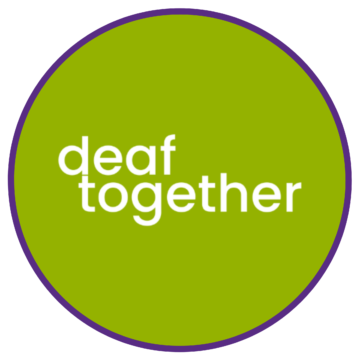These include hot spices, coffee, fats (red meat; fried food; ready meals rich in fat; chocolate; butter; cream), fruits and vegetables including plums, apricots, peaches, mango, apples, pears); onions, leeks and garlic; beetroots; brassicae (cauliflower, cabbage and sprouts); pulses (peas, beans and lentils), and for some people, wheat and milk.
It is not necessary to exclude all these foods, just be aware of what triggers your IBS and eat them in moderation from your diet. If you have a severe IBS and do not know what to eat, ask your doctor to refer you to a FODMAP trained state registered dietician. Remember, as your situation and symptoms improve you can gradually eat more of the foods you like and return to a more normal diet.
It may be the context of a meal ….
It can sometimes be very difficult to identify specific foods that trigger IBS. This may be because people with IBS can also react to the context of the meal. Perhaps it triggers a disturbing memory or a worrying thought. In our society, food carries such a lot of meaning.
….. or the way that you eat it.
And it may not just be what you eat but the way that you eat it. Good digestion requires peace and relaxation. Make time for three meals a day; take time to prepare your meals, don’t rely on ready meals; don’t miss meals; don’t eat when working or on the go; sit down, don’t rush your meals – give yourself time. Eat small tasty portions, allow time to chew and enjoy your food; avoid arguments at meal times; switch off TV and talk; avoid eating large meals late at night. These BSL health clips were produced by SignHealth with help and information from The IBS Network. If you need more information or advice, visit www.theibsnetwork.org





